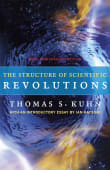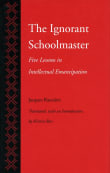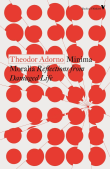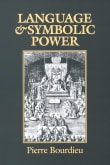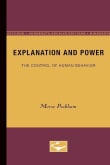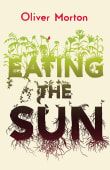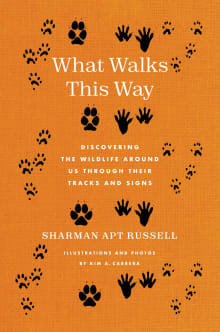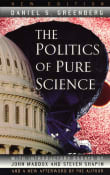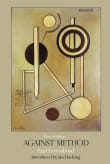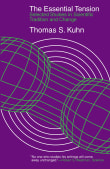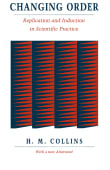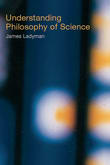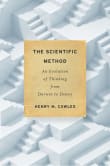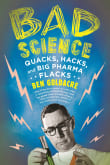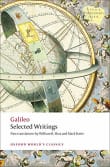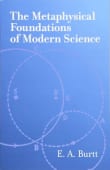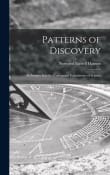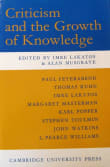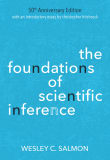Conjectures and Refutations

Book description
Conjectures and Refutations is one of Karl Popper's most wide-ranging and popular works, notable not only for its acute insight into the way scientific knowledge grows, but also for applying those insights to politics and to history. It provides one of the clearest and most accessible statements of the fundamental…
Why read it?
2 authors picked Conjectures and Refutations as one of their favorite books. Why do they recommend it?

I regard this book as perhaps the greatest book about the nature of science ever published. In it, Popper spells out his dramatic view that science proceeds by putting forward bold, imaginative guesses, which are then subjected to ferocious attempts at empirical refutation. When these conjectured theories are refuted, scientists are forced to think up a better conjectural theory–and that is how science makes progress.
In this book, Popper shows how this dramatic account of how science proceeds by a process of conjecture and refutation has implications for fields beyond science, such as philosophy, in that it implies that, whatever…
From Nicholas' list on the dramatic nature of science.

The book that made the philosophy of science relevant to everything.
Popper’s rejection of inductive reasoning had fascinating implications for politics, psychology, and (through E. H. Gombrich) art. The simple idea that perception is always predetermined by experience was not new, of course (Popper always credited his predecessors, including Xenophanes), but I find his ability to develop this theme against the contemporary vogue for empirical positivism deeply rewarding.
Popper helped to establish our modern intellectual climate with his most important lesson, adapted from Darwin: Embrace criticism.
From Will's list on philosophy books about knowledge, culture, and freedom.
If you love Conjectures and Refutations...
Want books like Conjectures and Refutations?
Our community of 12,000+ authors has personally recommended 100 books like Conjectures and Refutations.

